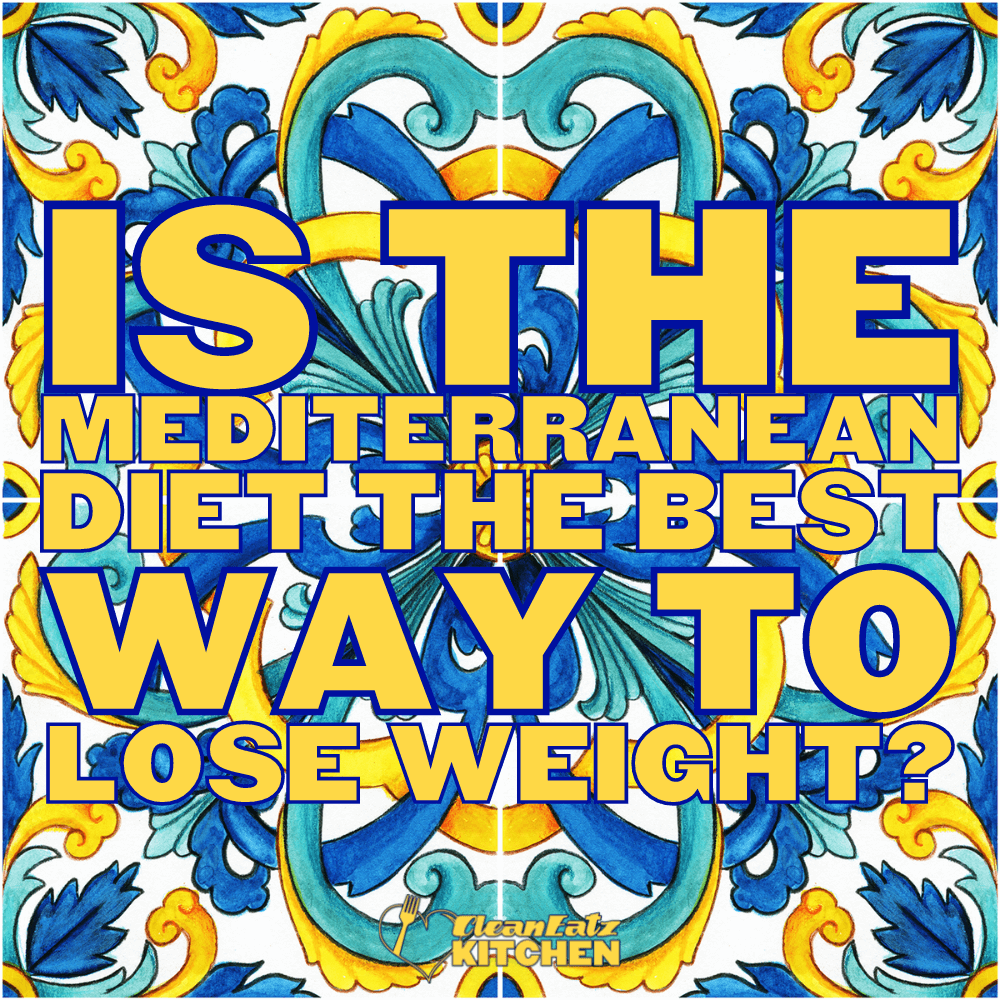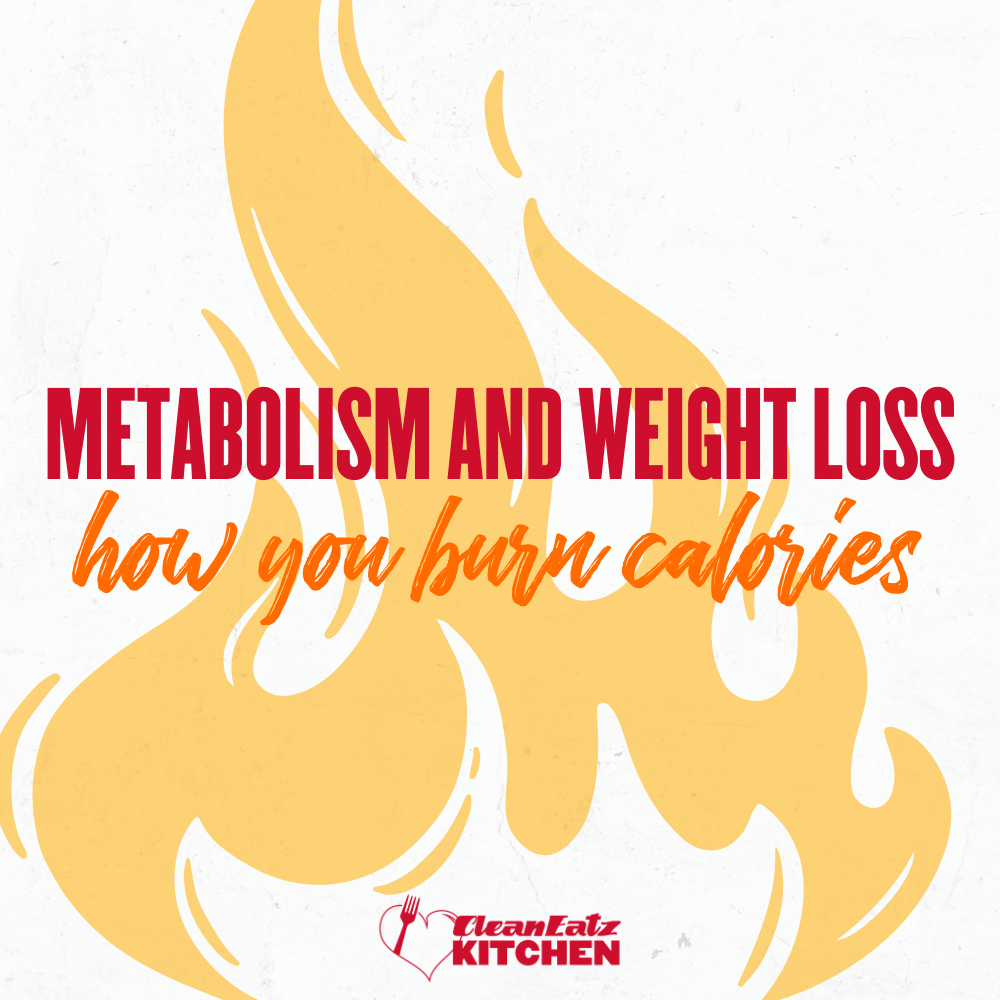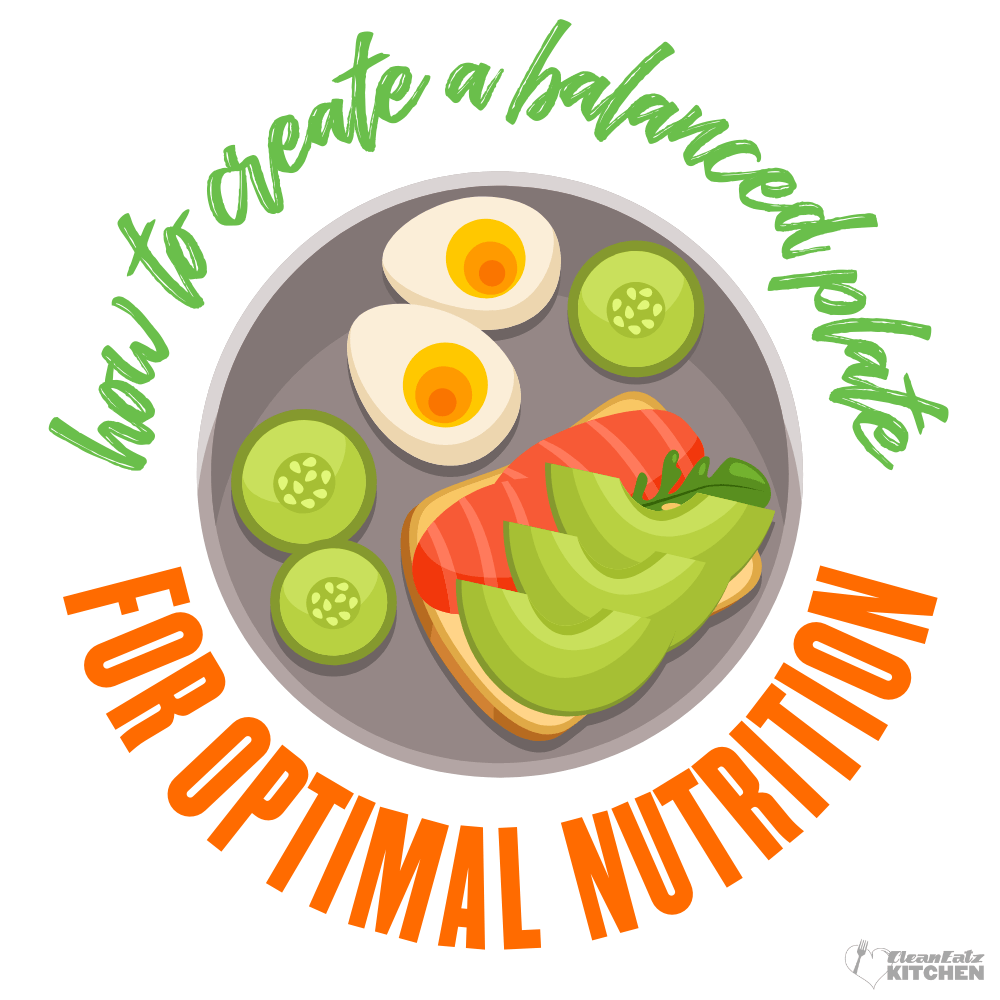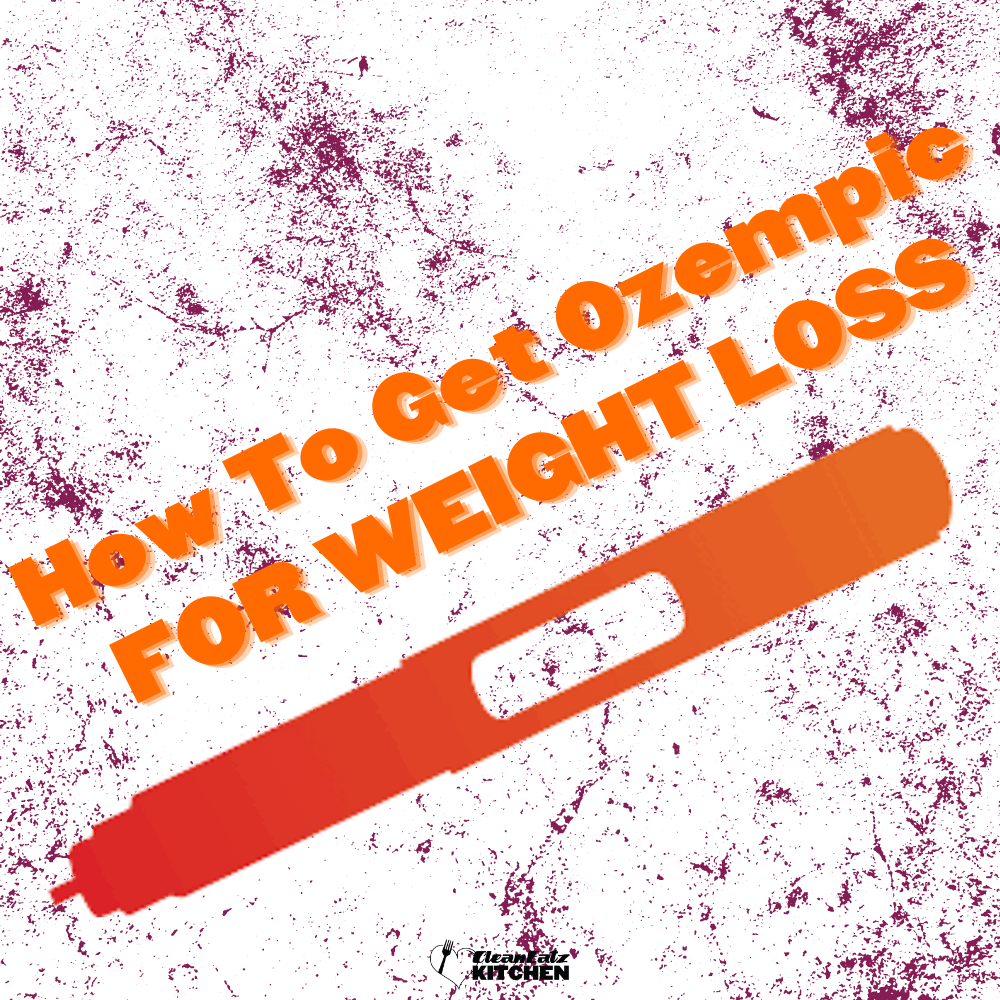
The Mediterranean Diet to Lose Weight: A Comprehensive Guide
Jason Nista
Nutrition
|
Weight Loss
7 minute read
Is the Mediterranean diet the healthiest way to lose weight? This question has garnered much attention in recent years as the popularity of the Mediterranean diet to lose weight has soared. Emphasizing plant-based foods, healthy fats, and moderate seafood/poultry, this diet has proven benefits against chronic diseases. But can it also help with weight loss?
We will examine the evidence supporting the Mediterranean diet to lose weight, including its potential mechanisms and study results. Practical tips and the importance of balance will also be discussed.
What is the Mediterranean diet?
The Mediterranean diet to lose weight is a way of eating inspired by the traditional dietary patterns of the countries surrounding the Mediterranean Sea. It emphasizes various plant-based foods, such as vegetables, fruits, whole grains, legumes, nuts, and seeds, and healthy fats, such as olive oil. The diet also includes moderate amounts of seafood and poultry and limited amounts of red meat and processed foods.
The Mediterranean diet is more of a pattern of eating than a strict set of guidelines, and it can vary slightly depending on the specific country or region being studied. However, it is generally characterized by a high intake of plant-based foods, a moderate intake of seafood and poultry, and a low intake of red meat and processed foods.
The Mediterranean diet is rich in a variety of nutrients, including fiber, antioxidants, and heart-healthy fats. It has been associated with a range of health benefits, including a reduced risk of chronic diseases such as heart disease, type 2 diabetes, and certain types of cancer. It has also been linked to a lower risk of cognitive decline and a lower risk of mortality overall.
The Mediterranean diet has its roots in the traditional diets of countries such as Greece, Italy, and Spain. It has gained popularity in recent years as a healthy way of eating. It has been endorsed by health organizations such as the World Health Organization and the American Heart Association.
The Health Benefits of the Mediterranean Diet
The Mediterranean diet has been widely hailed as a healthy way of eating, with numerous health benefits attributed to its wide variety of plant-based foods, healthy fats, and moderate amounts of seafood and poultry. In this section, we will review the evidence supporting the Mediterranean diet as a healthy way of eating for overall health.
Benefits of the Mediterranean diet:
-
Reduces the risk of heart disease: Several studies have shown that the Mediterranean diet can lower the risk of heart disease, including heart attacks and strokes. This may be due in part to the diet's emphasis on heart-healthy fats, such as olive oil, and its low intake of unhealthy fats and cholesterol.
-
Lowers the risk of type 2 diabetes: The Mediterranean diet has been shown to lower the risk of type 2 diabetes, possibly due to its high intake of fiber and its low intake of unhealthy fats and processed foods.
-
May reduce the risk of certain types of cancer: Some research suggests that the Mediterranean diet may lower the risk of certain types of cancer, including breast, colorectal, and prostate cancer.
-
May improve cognitive function and prevent cognitive decline: Some studies have found that the Mediterranean diet may improve cognitive function in older adults and lower cognitive decline risk.
-
May lower the risk of mortality overall: Several studies have found that following a Mediterranean diet is associated with a lower risk of mortality overall, including a lower risk of death from heart disease and other causes.
Practical Tips for Following the Mediterranean Diet
Following the Mediterranean diet can be a delicious and enjoyable way to improve overall health and lose weight. If you are interested in trying the Mediterranean diet, here are some practical tips to get you started:
-
Focus on plant-based foods: Make vegetables, fruits, whole grains, legumes, nuts, and seeds the foundation of your meals.
-
Choose healthy fats: Use olive oil as your primary source of fat, and incorporate other healthy fats such as avocado, nuts, and seeds.
-
Limit red meat and processed foods: Eat red meat sparingly and choose poultry and seafood as your main sources of protein. Avoid processed foods as much as possible.
-
Experiment with herbs and spices: Use herbs and spices to add flavor to your meals instead of salt.
-
Incorporate physical activity: The Mediterranean diet is not just about the food you eat but also about an overall active and healthy lifestyle. Aim to incorporate regular physical activity into your routine.
-
Practice balance and moderation: Remember that the Mediterranean diet is a way of eating, not a strict set of rules. It is important to practice balance and moderation in your eating habits.
The Mediterranean diet is a healthy and enjoyable way of eating that has been shown to have numerous health benefits, including a reduced risk of chronic diseases such as heart disease and type 2 diabetes. There is also evidence to suggest that the Mediterranean diet may aid in weight loss, possibly due to its high fiber and protein content and low-calorie density. Some individuals find it convenient to adhere to the Mediterranean diet through meal plan delivery services. If you are interested in trying the Mediterranean diet through meal plan delivery, be sure to speak with a healthcare professional before making any dietary changes.
In addition to following the Mediterranean diet at home, another great way to lose weight and eat healthily is through a meal prep company like Clean Eatz Kitchen. Clean Eatz Kitchen offers a variety of healthy and delicious meals that are perfectly portioned and ready to eat, making it easy to stick to your healthy eating goals.
If you are looking to lose weight and improve your overall health, consider giving the Mediterranean diet a try or signing up for a meal prep service like Clean Eatz Kitchen. With a little planning and dedication, you can achieve your health and weight loss goals and feel your best. Don't wait; take the first step towards a healthier you today!
Final Thoughts
In conclusion, the Mediterranean diet emphasizes the consumption of nutrient-rich plant-based foods and healthy fats, with studies suggesting its potential for aiding weight loss. The question 'Can you lose weight on the Mediterranean diet?' has been met with growing evidence indicating its positive impact on weight management. By adopting this approach and integrating its principles into daily life, individuals can potentially achieve their weight loss goals while improving their overall health and well-being in the long term.
FAQ
What are some practical tips for following the Mediterranean diet for weight loss?
Some practical tips include incorporating a variety of fruits, vegetables, whole grains, and legumes, opting for lean sources of protein such as fish and poultry, using olive oil as the primary source of fat, and limiting the intake of processed foods and red meat.
Is the Mediterranean diet suitable for long-term weight management?
Yes, the Mediterranean diet is known for its sustainable approach to weight management. Its emphasis on whole, minimally processed foods and its promotion of a balanced lifestyle make it a viable option for long-term weight management and overall health improvement.
Can the Mediterranean diet for weight loss be customized to individual needs and preferences?
Absolutely, the flexibility of the Mediterranean diet allows for customization to meet individual needs and preferences. While adhering to its core principles, individuals can personalize their meal plans based on their dietary requirements, cultural influences, and personal taste preferences.
Are there any potential challenges associated with adopting the Mediterranean diet for weight loss?
Some individuals may initially find it challenging to adapt to the Mediterranean diet, particularly if they are accustomed to a diet high in processed foods. However, with proper guidance and a gradual transition, many people find it to be a sustainable and enjoyable way of eating for weight loss and improved overall health.
Related Articles
Metabolism and Weight Loss: How You Burn Calories?
6 minute read
How To Get Ozempic for Weight Loss?
7 minute read



